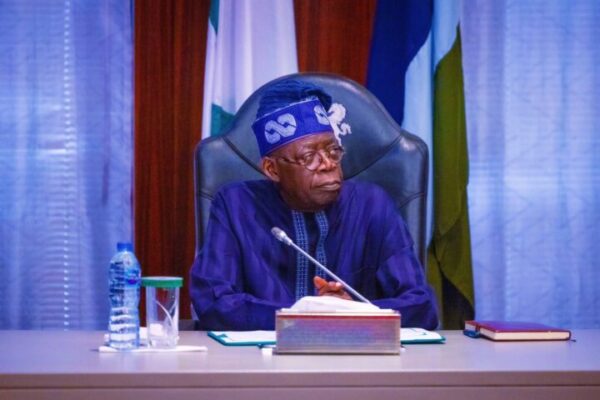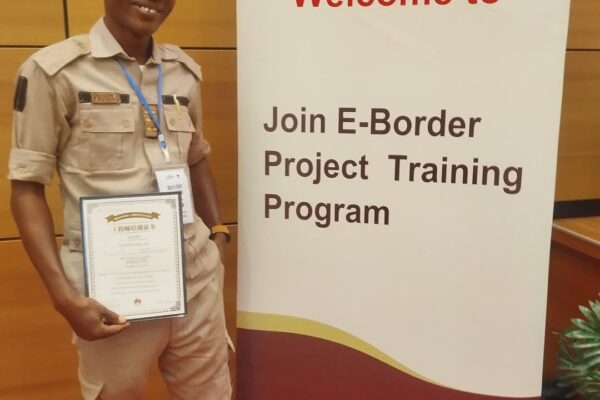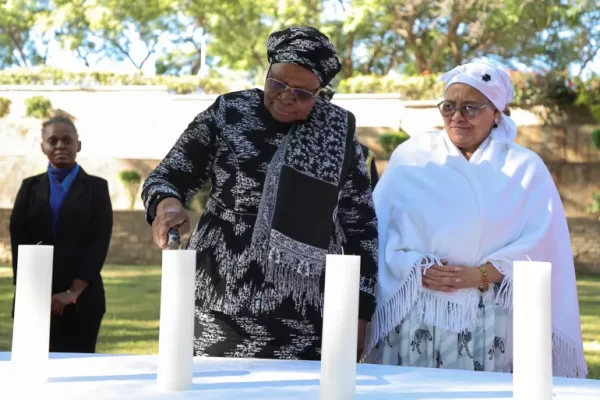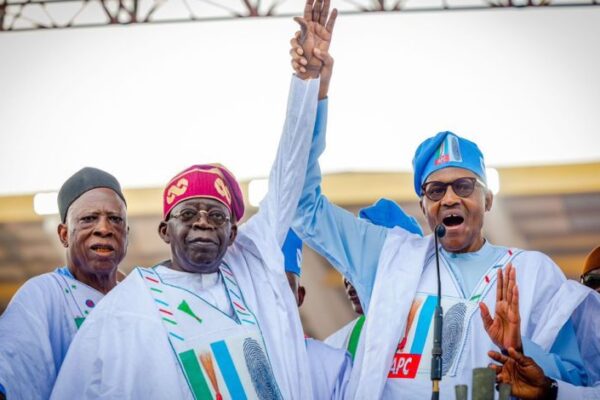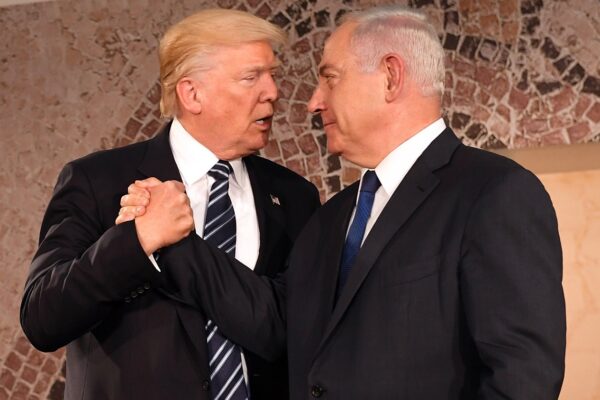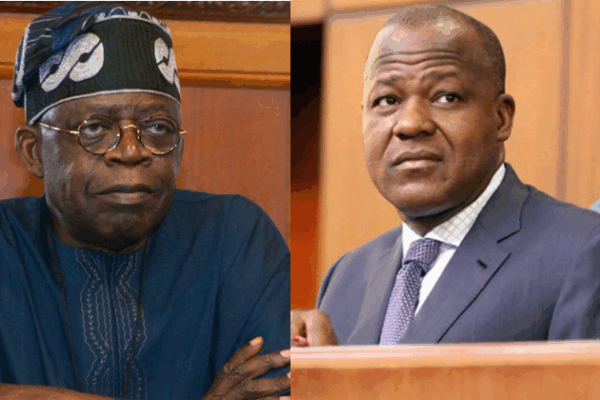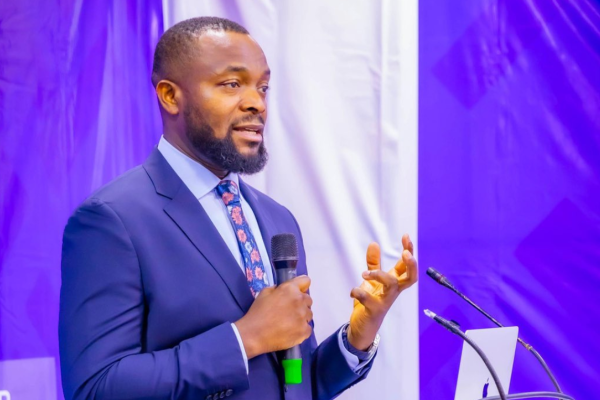
FG Unveils High-Speed Internet, 24/7 Power for Universities to Boost Digital Skills
The Federal Government has announced a transformative initiative to boost digital access and improve infrastructure in Nigerian universities. Minister of Communications, Innovation, and Digital Economy, Dr. Bosun Tijani, revealed that no fewer than 12 federal universities will be connected to high-fibre digital infrastructure by the end of 2024, with free Wi-Fi services to be deployed across campuses. Speaking at the commissioning of the facility at the University of Abuja, Dr. Tijani urged students to harness this connectivity to build skills for the global tech ecosystem, citing young Nigerians who have developed billion-dollar online payment firms as examples to emulate. The project, a collaboration between the government, Galaxy Backbone Nigeria Ltd, Huawei Technologies Nigeria, and other tech firms, aims to serve as a digital equaliser for students across various economic backgrounds. The initiative will roll out in phases, with the University of Abuja leading as the first of seven institutions in the pilot scheme. Dr. Tijani emphasised that this access is critical to enabling students to create opportunities and solve real-world challenges, rather than relying solely on traditional employment. In addition to digital access, universities are also set to benefit from improved electricity supply. Minister of Education, Dr. Maruf Alausa, confirmed that select universities, including the University of Abuja, will begin enjoying 24-hour electricity through the presidential renewable mini-grid project. He assured that all designated “special institutions” would receive similar support before the end of 2026, emphasising that reliable power is key to fostering innovation, research, and learning across campuses. University of Abuja’s Acting Vice Chancellor, Professor Patricia Lar, described the projects as game-changing for the institution. She expressed gratitude for the deployment of high-speed fibre and solar power backup on campus, noting that the initiative would enable students of all backgrounds to access the internet, fuel creativity, and advance their learning. The inauguration was attended by key stakeholders, including the National Information Technology Development Agency (NITDA), Nigeria Data Protection Commission, NigComSat, and Huawei Technologies Nigeria.


